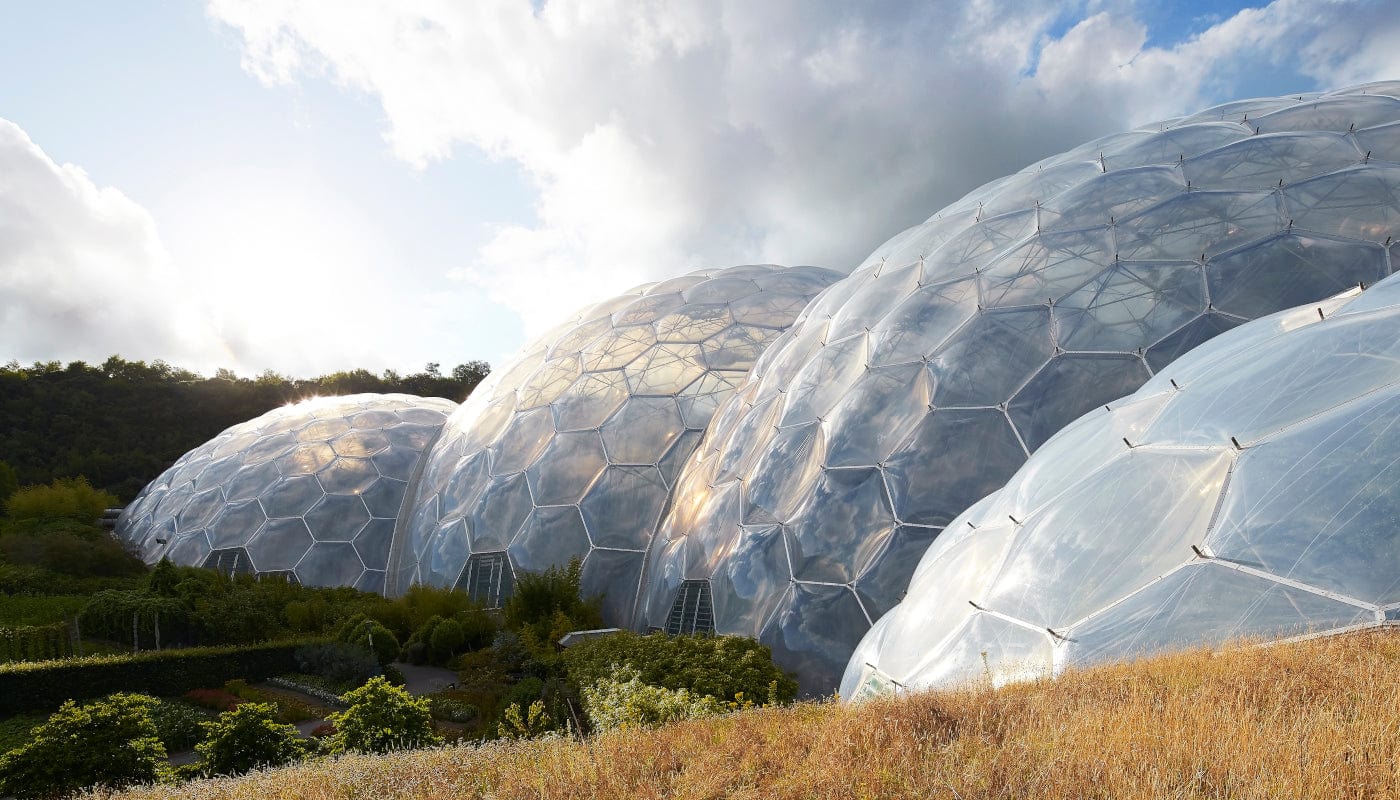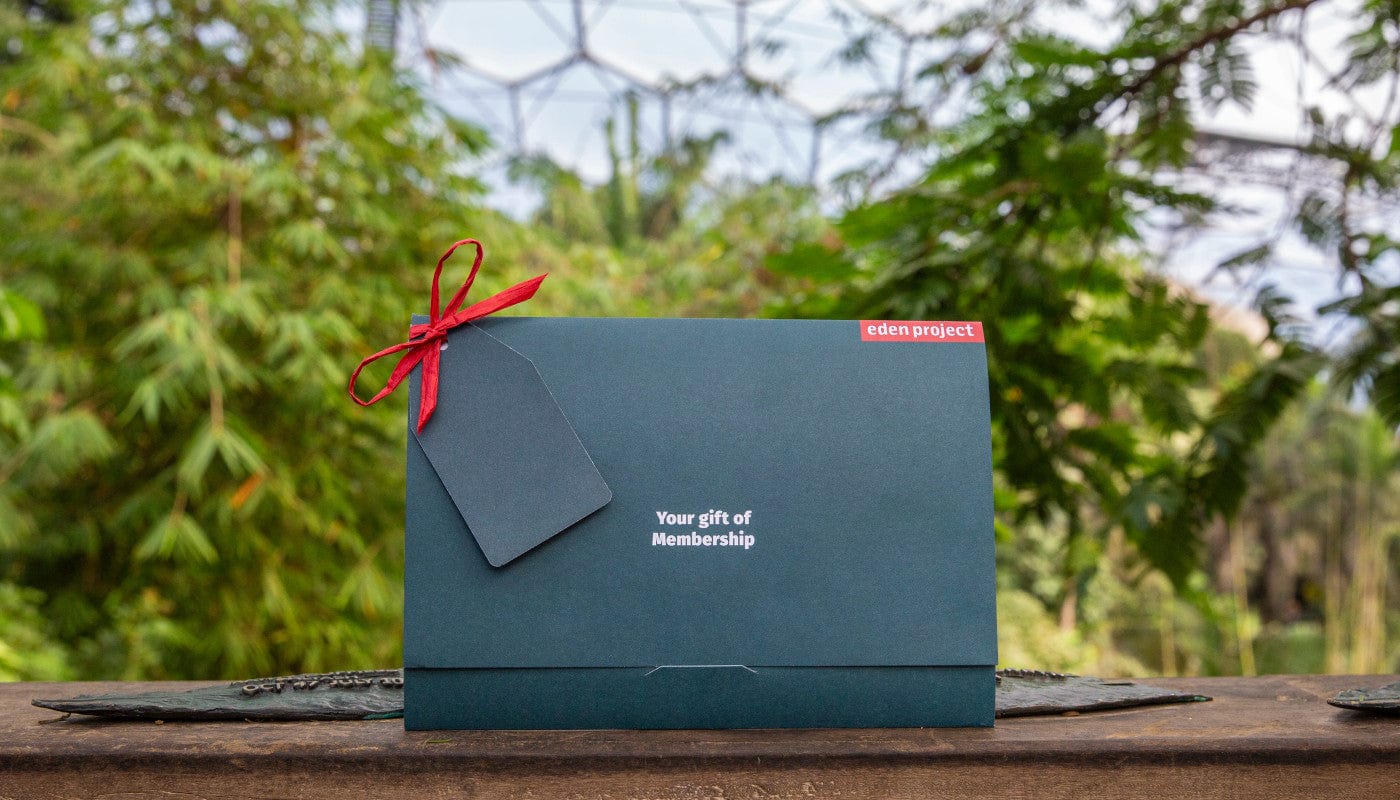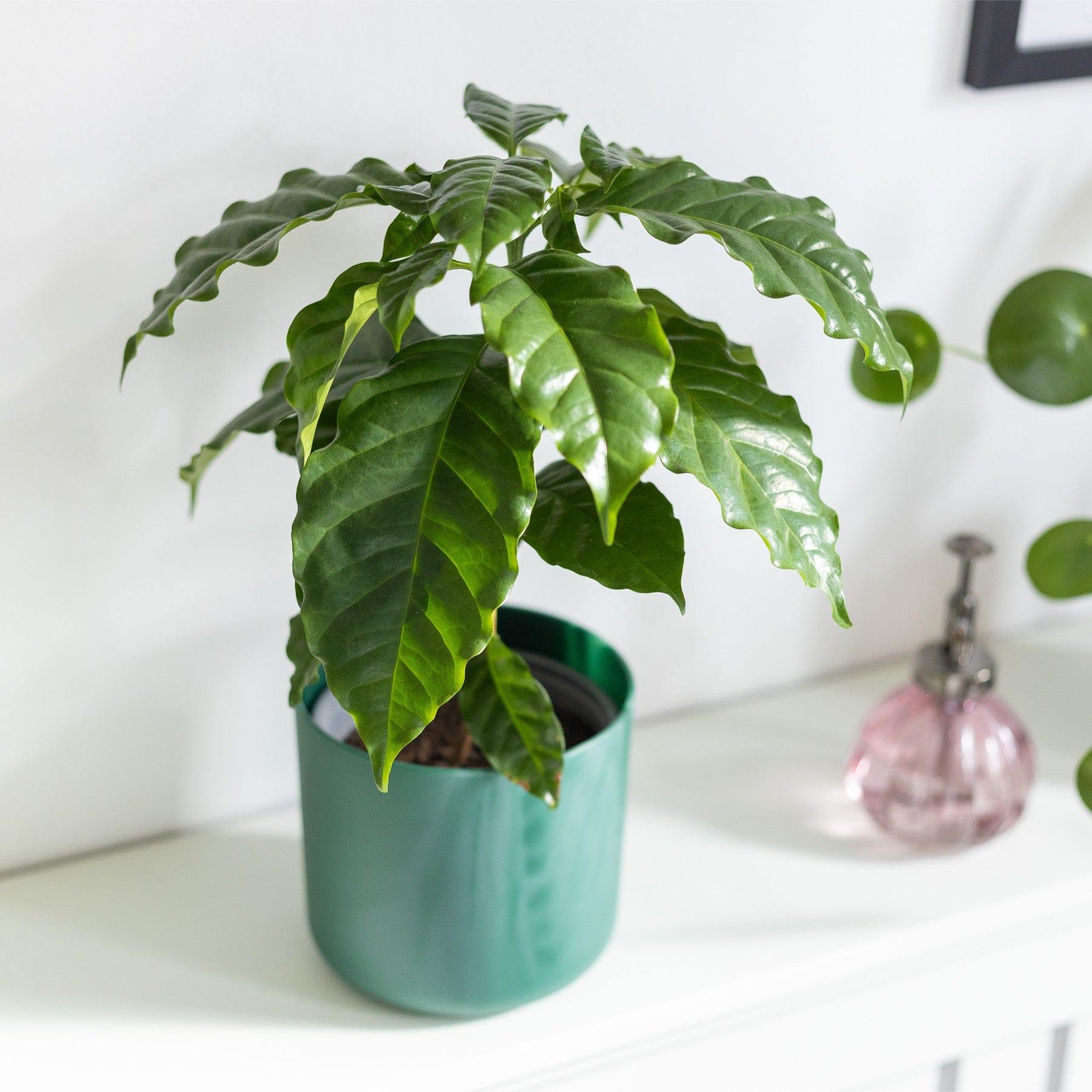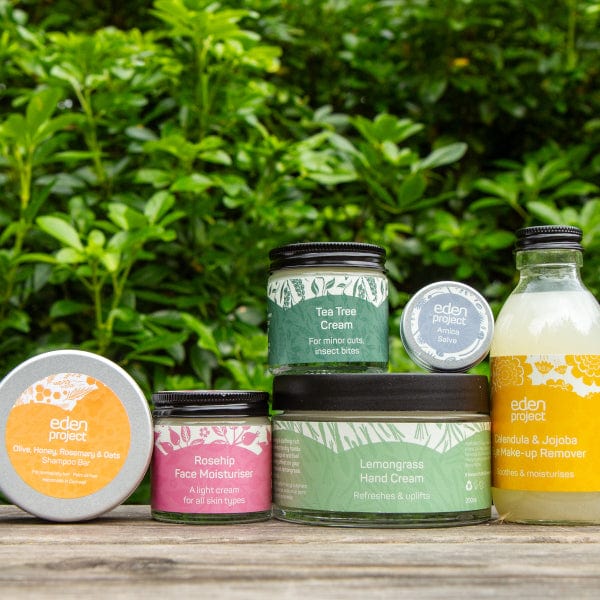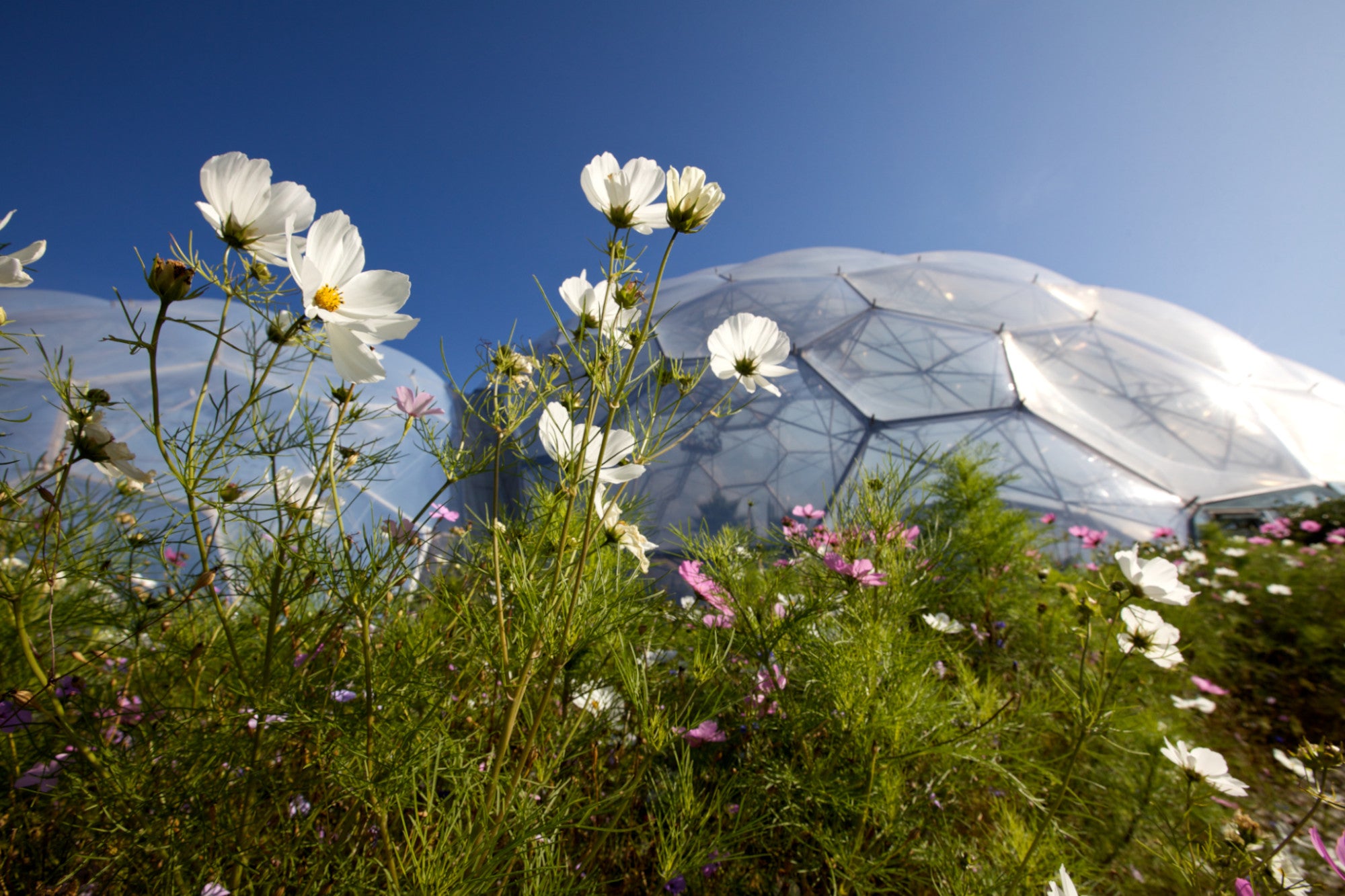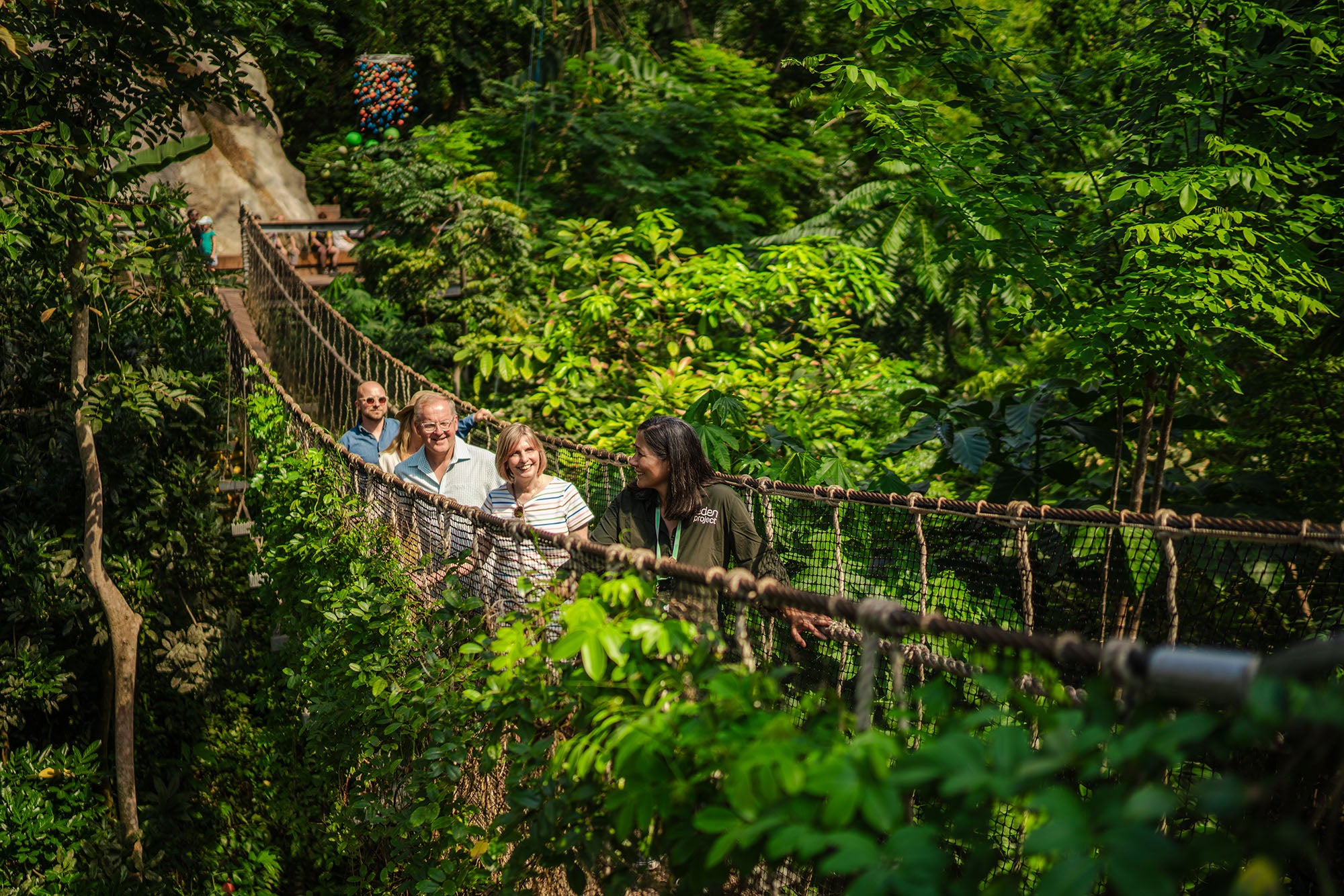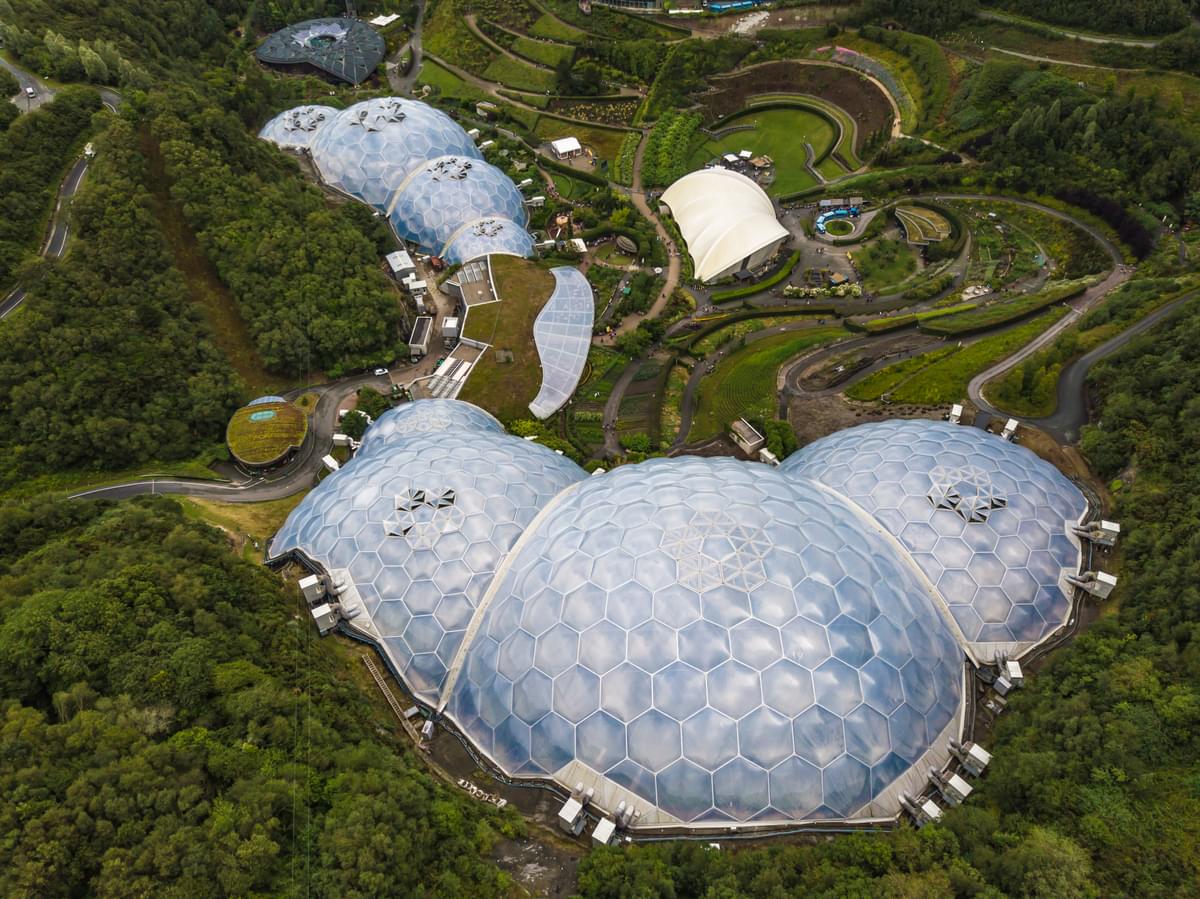A beginner’s guide to living more sustainably
We all have a shared responsibility to look after the planet we are a part of, for ourselves and all other species. It’s more important now than ever to switch to a more sustainable way of living in order to help protect nature. Excessive consumption has led us into a world of unprecedented change due to its devastating impact on the environment, and whilst this calls for industry changes and global reforms, there are steps we can take at home that can make a positive impact.
Making the switch to a more sustainable lifestyle may seem overwhelming or difficult, however, it’s not as daunting as it seems. If you’re hoping to start living a ‘greener’ lifestyle, keep reading as we inspire you to make some simple sustainable changes to your daily routine.
What does it mean to live a sustainable life?
In wider terms, living sustainably means managing our use of Earth’s natural ‘resources’ so that they can be recycled forever, without damaging the planet in the process. In theory, this should allow all other species to thrive and future generations to inherit a healthy planet where humans realise they are a part of nature as opposed to apart from it and live in ways that reflect this.
At an individual level, living sustainably means looking at our own lifestyle choices, being aware of how they affect the world around us, both directly and indirectly, and making choices that have the least impact on people and the planet as possible.
Why should we live a sustainable lifestyle?
Planet Earth, our only home, provides us - and all life - with fresh air, clean water, fertile soil, nutritious food, rich biodiversity, a stable climate, an amazing recycling system and underpins our health and wellbeing - it is our Life Support System. However, we find ourselves dealing with a planetary emergency with dire pollution, unprecedented biodiversity loss, rapidly escalating climate change, overuse of finite resources and a health, wealth and well-being crisis for people and the planet. To sustain a growing population and repair the damage, we must make major changes to the way that we live and move towards a circular economy and a regenerative, zero-waste society. As well as pressuring governments and industry, all the little changes we can make as individuals will add up to make a positive impact.
- Tips for sustainable travel
According to the UN Environment Program, it is estimated that 95% of the world’s transportation methods still rely on fossil fuels which account for 23% of energy-related global CO2 emissions. By changing how we travel, we can help reduce emissions and pollution, forcing city planners and travel industries to further adapt their infrastructure and operations to meet shifting demands. To start making changes in your lifestyle, here are a few options for more sustainable travel:
Walk or cycle short journeys
If you’re running errands or travelling to a nearby destination, try walking or cycling instead of using your car. This will save on fuel costs as well as reduce your carbon footprint.
Use public transport for long distances
If you’re travelling further afield, catch a bus, train, or tram where possible. This will ease traffic congestion and reduce emissions.
Drive green
If you do rely on a car for your commute or travels, make sure that your car is serviced regularly and the tyres are inflated correctly. Underinflated tyres can increase unnecessary fuel consumption by 10%. If you can afford an electric vehicle, the increased demand will push governments to improve the infrastructure, making this a more accessible option for others.
- Eating more sustainably
Our eating habits are one of the easiest things that we can change to help lessen our carbon footprint, as well as improve our own health. This doesn’t mean you need to completely overhaul your diet, but small changes can make a big difference. Thinking about where your food comes from, what environmental impact it and its packaging have, and how often you eat it can all become fundamental considerations when it comes to your weekly shop.

Eat less and better quality meat
Many individuals struggle with the idea of giving up meat. However, you can still make a positive impact without giving up meat completely. Agriculture for meat and dairy produce is one of the most harmful and unsustainable industries, as it requires large amounts of water, energy, and land, causing large-scale habitat destruction and biodiversity loss. In addition, the industry generates a significant amount (14.5% of the global total) of greenhouse gas emissions, which contribute greatly to climate change. Try reducing your meat and dairy consumption, and choose local, organic, quality meat and dairy and sustainably farmed produce whenever possible.
Avoid palm oil
Palm oil is the world’s most widely consumed vegetable oil. Many foods, including ice cream, chocolate and crisps contain palm oil and it is also used in non-edible products such as detergents, cosmetics, plastics and engine oil. Nearly half of all oil palm cultivation is by smallholders and their livelihoods depend on the industry. However, industrial cultivation has led to vast amounts of tropical rainforest destruction, mostly in Southeast Asia, and the industry practices are often unethical for workers. Look for products that are palm oil free. You’ll often find that there are plenty of alternatives. For example, if you’ve got a sweet tooth for chocolate buttons, try swapping your usual choice for the palm oil-free Montezumas Giant Dark Chocolate Buttons, as this company uses only sustainably sourced ingredients and ethical working practices.
Shop local
In the UK, much of our food is imported, relying on transportation systems that have a huge effect on the environment. Where possible, buy locally grown, fresh fruit, vegetables and other perishable items from local greengrocers, butchers, and farmers to support more sustainable practices and reduce “food miles” and greenhouse gas emissions.
Reduce food waste
Food waste is a direct contributor to greenhouse gas emissions, with 10 million tons of food waste entering landfills in the UK each year and waste in landfills being responsible for 5% of the UK’s total greenhouse gas emissions. Buying only what you need is one way to reduce waste and save money. Of course, you will inevitably end up with some food waste on occasion. Try composting this at home instead of putting it in the general waste. At the Eden Project Shop we have a range of composters and wormeries to get you started.
Choose organic
Where possible, choose organic and sustainably sourced food and drink that help support the maintenance of healthy soils. This could be anything from coffee beans to herbs and spices. Look for certified organic symbols on the packaging when shopping.
- Adopt a low-impact lifestyle
Taking it back to basics, adopting an energy and water-saving lifestyle and maintaining your home can help you to save money as well as do your bit to protect the environment. This of course means turning off lights, taps, and heating when you aren’t using them, but there are a few other steps you can take to help you live a greener life.
Invest in your home to save money
Make sure that your home is adequately insulated to save energy and preserve heat. Install energy-saving light bulbs and appliances and check whether your home is eligible for any green schemes such as solar panel or air source heat pump installation. This will not only save you money in the long run, but you’ll be able to sell any excess energy back to the grid.
Be smart with water
Get leaky taps or appliances fixed quickly, take shorter showers, and turn off the taps when you aren’t using them to save water. Save excess water such as from when you’re cooking pasta or rice, or leftover water in the kettle and use it to water your plants instead of using fresh water each time. Use water butts outside to collect rainwater from your house, shed or greenhouse roof and use this to water the garden and clean the car for example.
Make the move towards slow fashion
The fashion and textiles industry significantly contributes to global pollution and carbon emissions and uses huge amounts of water. Try to repair what you have, swap or shop for second-hand clothing where possible, or opt for natural fibres, and certified organic and recycled garments when you need to buy brand new.
- Less waste shopping tips
Sustainable shopping doesn’t just apply to the food that we eat, but also the packaging it comes in, the gifts we buy others, and the essentials that we use on a day-to-day basis. By opting for zero-waste, compostable, recyclable and recycled, we can all help reduce waste and pollution.
Simplify gifting
Something that we cherish, gifting is a way to show others that we care. Sometimes we can panic buy gifts at the last minute, or succumb to sneaky marketing tactics that tempt us into buying plastic toys and novelty gifts that will eventually end up in landfill. Instead, we can make time to create things at home and choose natural and eco-friendly gifts to help reduce waste.
Go plastic-free
Plastic pollution is one of today’s greatest challenges. Cheap to produce, practical and versatile, many manufacturers use plastic in everything from packaging to product materials. Unfortunately, as a result of improper recycling and disposal practices, plastic is now found in almost every corner of the Earth including huge amounts in the oceans. We should strive to choose plastic-free products and urge companies to rethink their packaging and policies. Instead, choose items that come in recyclable or compostable packaging and that are made of materials like sustainable bamboo, organic cotton, and recycled cardboard and carry reusable bags, containers and bottles.
Buy and consume less
Reducing demand for products will reduce further extraction of finite materials. Try to move to a more minimal approach and purchase only what you need.
- Eco-friendly hobbies & leisure pursuits
Tourism is a major contributor to global emissions and pollution and can be highly unsustainable when it is not done consciously. Whilst tourism can benefit local communities and economies, over-tourism can have a hugely detrimental impact on nature. This is also the case for some sports and hobbies, especially those that involve fossil fuel and water consumption like motorsports and, surprisingly, golf, as well as those that require lots of equipment made of unsustainable materials like some water sports. There are lots of sustainable alternatives out there and changing the way we see leisure can open up new perspectives on our lives and introduce us to new activities. If you’re looking to replace an unsustainable hobby with a new eco-friendly one that is as rewarding as it is fun, why not try activities like running, cycling or hiking in nature, and hobbies like gardening or building wildlife habitats? Whether you want to build a bee hotel or grow your own veggies, there are plenty of options available to help you get started.
Visit local attractions
Lots of us travel because we want to see beautiful places and natural scenery, but we fail to appreciate the beauty of our own country. Visiting local museums and attractions can help boost the local economy, and enjoying walks in our national parks can allow us to connect with nature and appreciate the natural world. Swapping out a yearly trip abroad for a staycation once in a while can be a fantastic green way to spend recreation time. If you’re looking for inspiration, why not see what the county of Cornwall has to offer, and visit the Eden Project whilst you’re there?
Start eco-friendly living with the Eden Project Shop
We believe in the power of people to help repair and restore the natural environment, and we hope that this guide has inspired you to make some lifestyle changes to support the cause. Of course, we’re not only here to inspire you but to help you take action. Our ethical shop has been curated with a wide range of organic, vegan, and sustainable items, from homeware to beauty and healthcare to make the move towards a more sustainable lifestyle a little bit simpler.
Shop the full selection of products to start living a greener lifestyle, or find out more about our charity, what we do, and the programmes we provide on our about us page.

